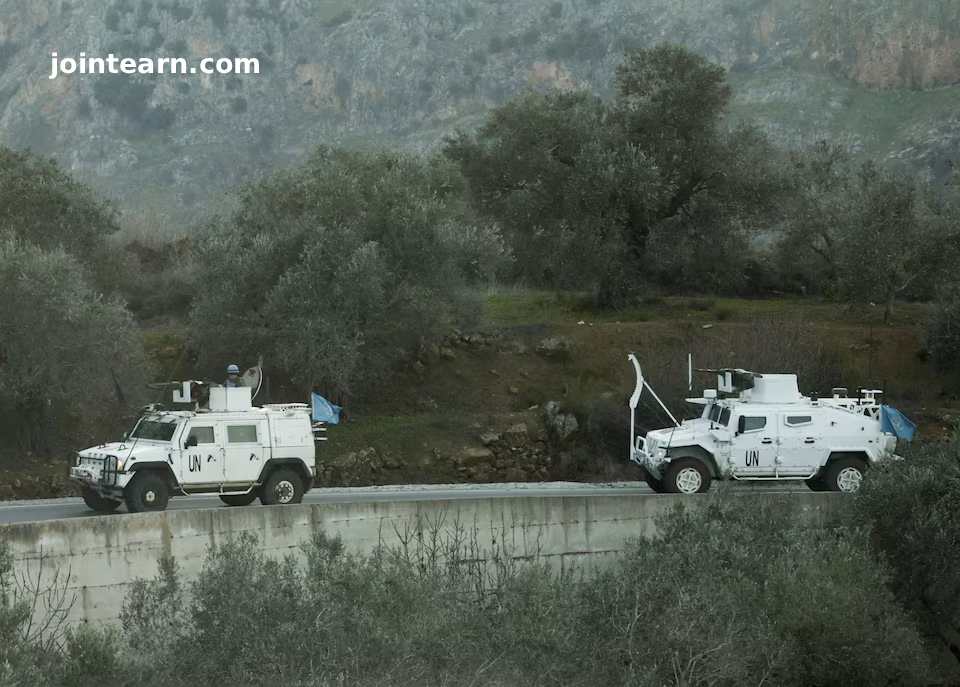
BEIRUT, November 16, 2025 – Lebanon announced plans to file a complaint with the U.N. Security Council against Israel over the construction of a concrete wall along the southern border, which Lebanese officials claim extends beyond the internationally recognized Blue Line. The move escalates tensions between the two countries and raises concerns about violations of sovereignty and international law.
Alleged Violation of the Blue Line
The Blue Line, established by the United Nations, separates Lebanon from Israel and the Israeli-occupied Golan Heights. Israeli forces withdrew from southern Lebanon in 2000, adhering to the Blue Line at the time.
A spokesperson for the U.N. Secretary-General, Stephane Dujarric, noted that Israel’s construction has rendered more than 4,000 square meters of Lebanese territory inaccessible to local communities. Lebanon’s presidency echoed this view, stating that the wall constitutes:
“A violation of U.N. Security Council Resolution 1701 and an infringement on Lebanon’s sovereignty and territorial integrity.”
UNIFIL’s Role and Requests
The United Nations Interim Force in Lebanon (UNIFIL), established in 1978 to monitor the Lebanon-Israel border, requested that Israel remove the wall. UNIFIL operates between the Litani River in the north and the Blue Line in the south, with more than 10,000 troops from 50 countries and around 800 civilian staff.
Israel’s Response
An Israeli military spokesperson denied that the wall crossed the Blue Line, stating:
“The wall is part of a broader IDF plan whose construction began in 2022.”
The spokesperson added that the wall is part of broader Israel Defense Forces (IDF) measures implemented after recent conflicts, aimed at reinforcing physical barriers along the northern border.
Implications for Regional Security
The complaint signals growing diplomatic friction between Lebanon and Israel, particularly in the context of ongoing regional tensions. Observers note that border disputes along the Blue Line have historically been flashpoints for military and political escalation, making UN intervention crucial to prevent potential conflict.
The situation also highlights UNIFIL’s continuing peacekeeping and monitoring challenges, as physical and territorial modifications by either side could impact local populations and regional stability.


Leave a Reply